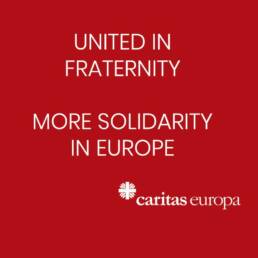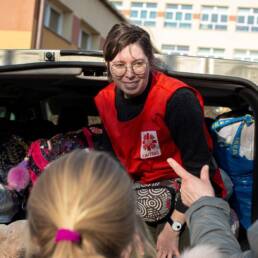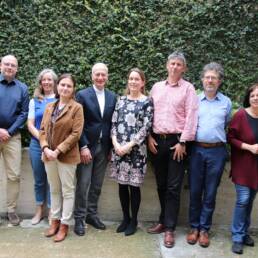Download the full report
Overview
Four years have passed and our world, our Church and our Europe have changed and are still changing. The geography of suffering has changed dramatically; Pope Francis calls it “a turning point in history”. Caritas had and stills has the challenge to go forth with an “ever watchful scrutiny of the signs of the times” to adapt its structures and methods in order to better serve the people in need.
Although the financial, social and political crises in Europe started in 2008, it was only during the last years that their deep impact and consequences for people and countries became clear. Decision making paradigms have put economic policies at the service of financial markets, leaving social policies, the common good and the weaker members of our societies more and more at the fringes of existence.Unemployment, especially long term unemployment and in some countries youth unemployment, inequalities, poverty, higher precariousness in labour (working poor) have risen in our continent. Women and children, large and single-parent families are mostly affected. We see more and more “an economy of exclusion and inequality”. The social cohesion is threatened in Europe, mistrust regarding institutions, and more new, nationalistic, extremist or even racist movements and parties appear to be threatening the social and political scenes…




